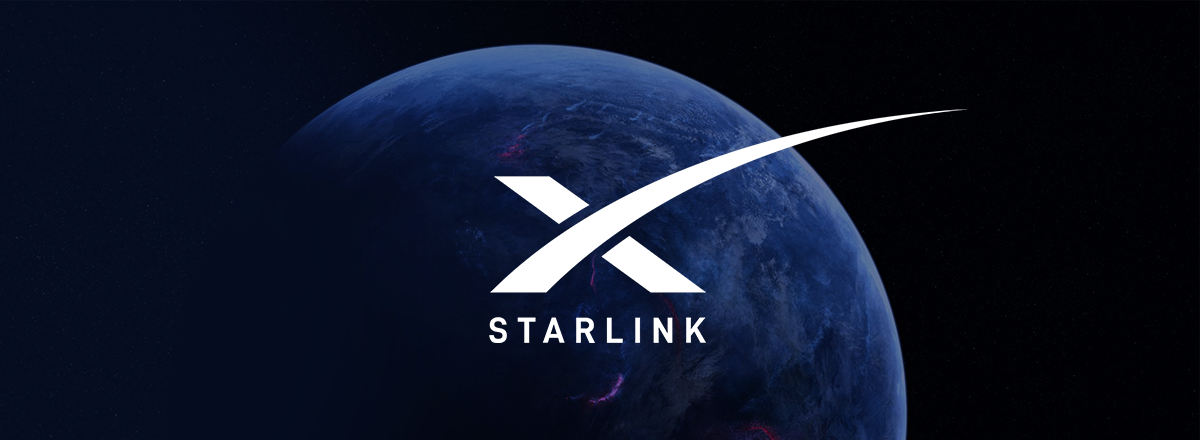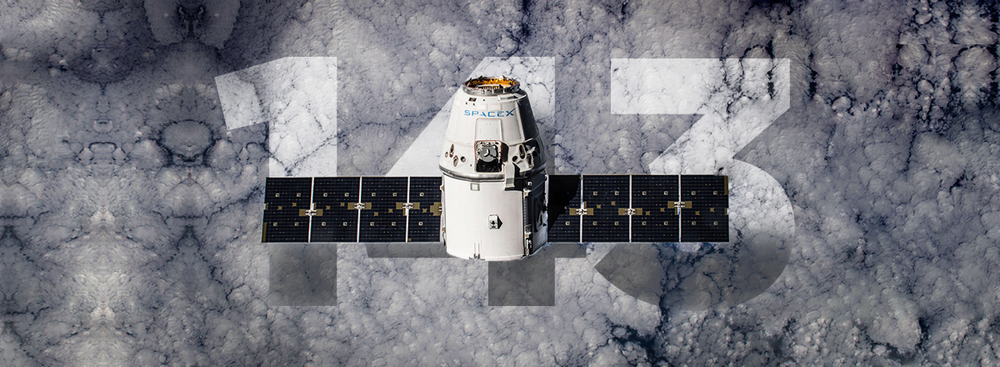Elon Musk’s SpaceX broke a new space record by successfully launching 143 satellites into orbit. This is the largest number of satellites that have been sent into space on a single launch vehicle.
Falcon 9 launches 143 spacecraft to orbit — the most ever deployed on a single mission — completing SpaceX’s first dedicated SmallSat Rideshare Program mission pic.twitter.com/CJSUvKWeb4
— SpaceX (@SpaceX) January 25, 2021
The launch took place from the Space Launch Complex 40 (SLC-40) at Cape Canaveral Space Force Station, Florida. It was initially planned for January 23, but was postponed due to bad weather conditions. The Falcon 9 heavy launch vehicle successfully took off at 10:00 AM EST, and its first stage landed almost 8 minutes after launch.
Liftoff! pic.twitter.com/js3zVM77rH
— SpaceX (@SpaceX) January 24, 2021
The launch of such a large number of satellites at once took place as part of the Transporter-1 mission. This is the first SpaceX mission as part of the SmallSat Rideshare Program announced in 2019. The program makes satellite launches more affordable for smaller companies that do not have their own launch vehicles as it allows them to get their satellites into orbit on a SpaceX launch vehicle.
Of the 143 satellites launched on January 24, only 10 belong to SpaceX – these are satellites of the Starlink Internet project, whose goal is to provide global access to the Internet. The rest are 133 spacecraft (including CubeSats, microsats, and orbital transfer vehicles) of small commercial and government companies. The total mass of the cargo that the Falcon 9 rocket has put into orbit is about five tons.
The previous record for the number of spacecraft sent into space on a single launch vehicle belongs to India and its PSLV rocket. In February 2017, it launched 104 satellites into orbit.
To date, 18 satellite launches have taken place within the Starlink project, together with the Transporter-1 mission. In total, more than a thousand satellites are now in orbit. Starlink aims to provide global access to the Internet from anywhere in the world.

The testing of the Starlink Internet has already begun. Early users claim that the Internet works without interruptions, even in extreme weather conditions. However, the service is not cheap for now. UK residents have already started receiving Starlink kits from SpaceX for £440 ($600). The monthly fee for the test service is an additional £85 ($120).














